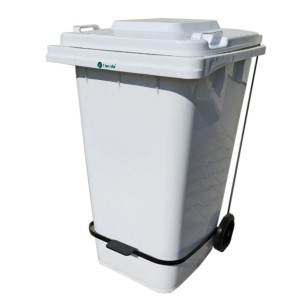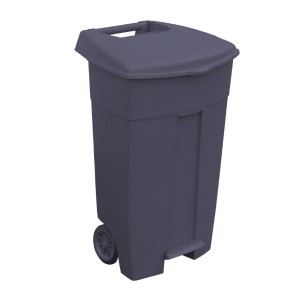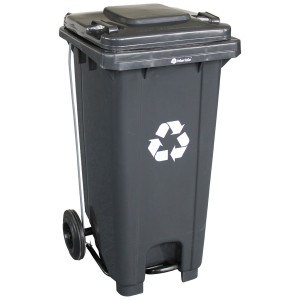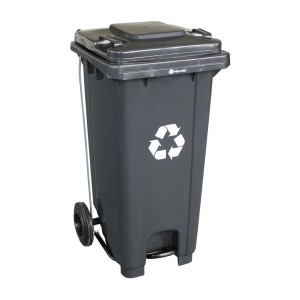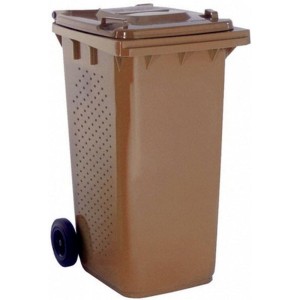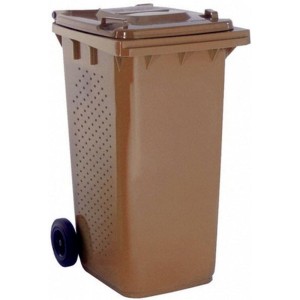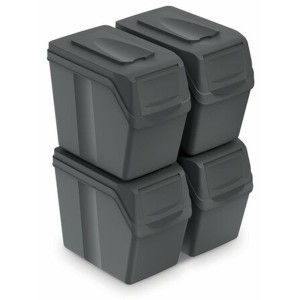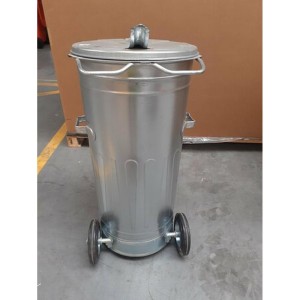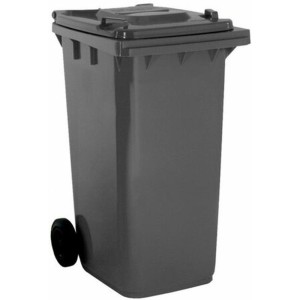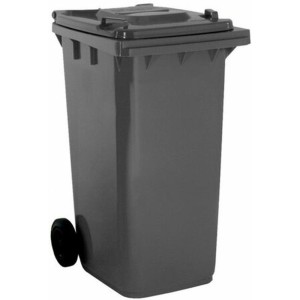Waste containers: Optimizing cleanliness and waste management
Waste containers are an essential solution for maintaining hygiene, organization, and sustainability across various environments. Designed to facilitate proper waste disposal, they help businesses and households manage different types of waste efficiently while meeting regulatory and environmental standards. From small office bins to industrial-grade waste management systems, the right choice of waste containers ensures a cleaner, safer, and more organized space.
Types of waste containers
Waste containers come in various designs, materials, and capacities to accommodate different waste disposal needs:
- General waste bins – Used for everyday non-recyclable waste in offices, retail spaces, and public areas.
- Recycling bins – Designed with separate compartments or color-coded options for sorting paper, plastic, glass, and metal, supporting sustainable waste management practices.
- Medical waste containers – Essential in healthcare settings for safely disposing of biohazardous and sharp waste, preventing contamination and infection risks.
- Outdoor waste bins – Weather-resistant and durable, these containers are commonly used in parks, streets, and industrial sites for large-scale waste collection.
- Industrial and commercial dumpsters – High-capacity containers for heavy-duty waste disposal in construction sites, factories, and large facilities.
Why waste containers are a superior choice for waste management
Compared to alternative waste disposal methods such as open dumping or makeshift storage, waste containers offer multiple advantages:
- Improved hygiene – Properly sealed and designed waste bins prevent odors, pest infestations, and the spread of bacteria, ensuring a healthier environment.
- Compliance with regulations – Many industries and municipalities enforce strict waste disposal laws, and using designated waste containers helps businesses adhere to legal requirements.
- Increased efficiency – Strategically placed waste containers streamline waste collection, reducing labor and maintenance costs.
- Enhanced sustainability – Recycling bins and composting containers encourage eco-friendly waste management, minimizing landfill contributions and promoting resource recovery.
What to consider when choosing waste containers
Selecting the right waste containers depends on several factors, ensuring optimal performance and long-term value:
- Capacity and volume – Assess the amount of waste generated to determine the appropriate container size for efficient waste collection.
- Material durability – Heavy-duty plastic, stainless steel, or galvanized metal options offer varying levels of resistance to weather, chemicals, and impact.
- Design and functionality – Features such as pedal-operated lids, wheels for mobility, and odor control mechanisms enhance usability and convenience.
- Waste type – Specialized containers, such as biohazard bins or food waste composters, cater to industry-specific disposal needs.
Investing in high-quality waste containers contributes to a cleaner, more organized, and environmentally responsible waste management system, benefiting both businesses and communities.
